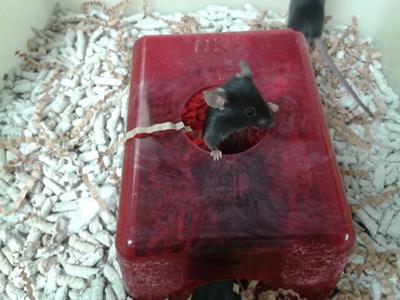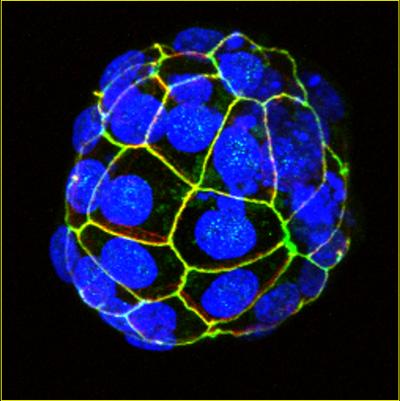The University of Southampton uses animals in research, teaching, knowledge exchange and enterprise (KEE). For example, animals are used to teach: biologists, zoologists, ecologists and those studying conservation and environmental sciences. Additionally, a range of medical research activities using animals. Use of animals in KEE activities at the University of Southampton is covered by the same policies and procedures that apply for any of the research the university conducts.
The University of Southampton takes use of animals in research and teaching very seriously, and we understand that there are legitimate public concerns about the use of animals in research and teaching. We too share such concerns, and the ethical and welfare issues involved are central to the role of the Animal Welfare and Ethical Review Body (AWERB).

Medical research is undertaken using animals at the University of Southampton, with the aim of developing treatments for human illnesses and diseases. Sometimes such research turns out to have other applications too; for example, many treatments used by veterinarians to help our pets, farm, zoo, and laboratory animals have come from human focused medical research.
In other research the main focus is conservation. This could involve any species: insects to mammals, aquatic (sea-living) or terrestrial (land-living), wild or domesticated. Research undertaken at the University of Southampton includes studying the effects of habitat loss and providing wildlife corridors; understanding more about a particular species’ behaviour in the wild or in captivity and investigating the impact of plastic waste and other pollutants on the small and large animals that live in our rivers and seas.

There are several laws that cover how humans interact with animals. Some relate to working with, and doing research with animals living in the wild, whilst others relate to animals we keep. For example, UK pet owners may be aware of the Animal Welfare Act (2006) that is relevant to the care they give their pets. This law also applies to farm, zoo, and laboratory animals. Animal experiments in the UK are regulated by the Animals (Scientific Procedures) Act 1986, (ASPA).
Where the University of Southampton conducts research abroad, researchers must comply with the legislation and guidelines of the country and animal welfare standards should be equivalent to those in the UK.
The ASPA legislation is based on the principle of the 3Rs, Replacement, Reduction and Refinement. Detailed information about the 3Rs is available from the National Centre for Replacement, Refinement and Reduction of animals in research.
In brief, researchers are required to consider:
- If there are effective ways of answering research questions which do not need to use animals (Replacement).
- If animals do have to be used, that the lowest number possible are used to provide meaningful results (Reduction),
- That the methods used are the best available: those that have been refined to eliminate or reduce to the minimum any possible pain, suffering, distress or lasting harm to the animal (Refinement).
More information on our commitment and work towards the 3Rs at the University of Southampton, can be found here.
You can find more information on UK legislation relating to a broad spectrum of animal-related research from the external links page.
Whatever the aim of the research, in addition to our legal responsibilities, we as humans have a moral and ethical obligation to treat each individual animal with respect and due regard for their welfare. The University of Southampton takes this obligation seriously. The University of Southampton has a policy on the use of animals in research, has signed the UK concordat on openness on research and has an active and robust Animal Welfare and Ethical Review Body.
Why and when the University of Southampton uses animals in research
Is research involving/using animals carried out at the University of Southampton?
Yes. Please find some examples of some of the research that has been carried out by the University of Southampton that have used animals here.
Is cosmetics testing on animals carried out at the University of Southampton?
No.
What species of animals are used in research at the University of Southampton?
Please find more information on our page for the numbers and types of animals used in procedures regulated under ASPA at the University of Southampton.
Where do animals used in research at the University of Southampton come from?
Some mice are bred at the University of Southampton while other mice and Schedule 2 species are obtained from designated breeding or supplying establishments in the UK. Different legislation applies to animals that are occasionally imported from other countries and animal welfare and housing standards should be equivalent to those in the UK. Animals that are not Schedule 2 species, such as sheep are obtained from trusted sources. Fish used in research studies are either wild caught, captive bred, or obtained from fish farms, other establishments, or public aquariums. All relevant licences and permissions are in place before the animals are collected.
Why are animals used in research at the University of Southampton and why can’t alternatives be used?
Animals are only used when no other methods can address the research questions being posed. It is a requirement of ASPA that animals are not used if a viable alternative is available.
Every effort is made to identify and implement animal alternatives from the planning stage and for the duration of all research projects regulated under Animals (Scientific Procedures) Act 1986.